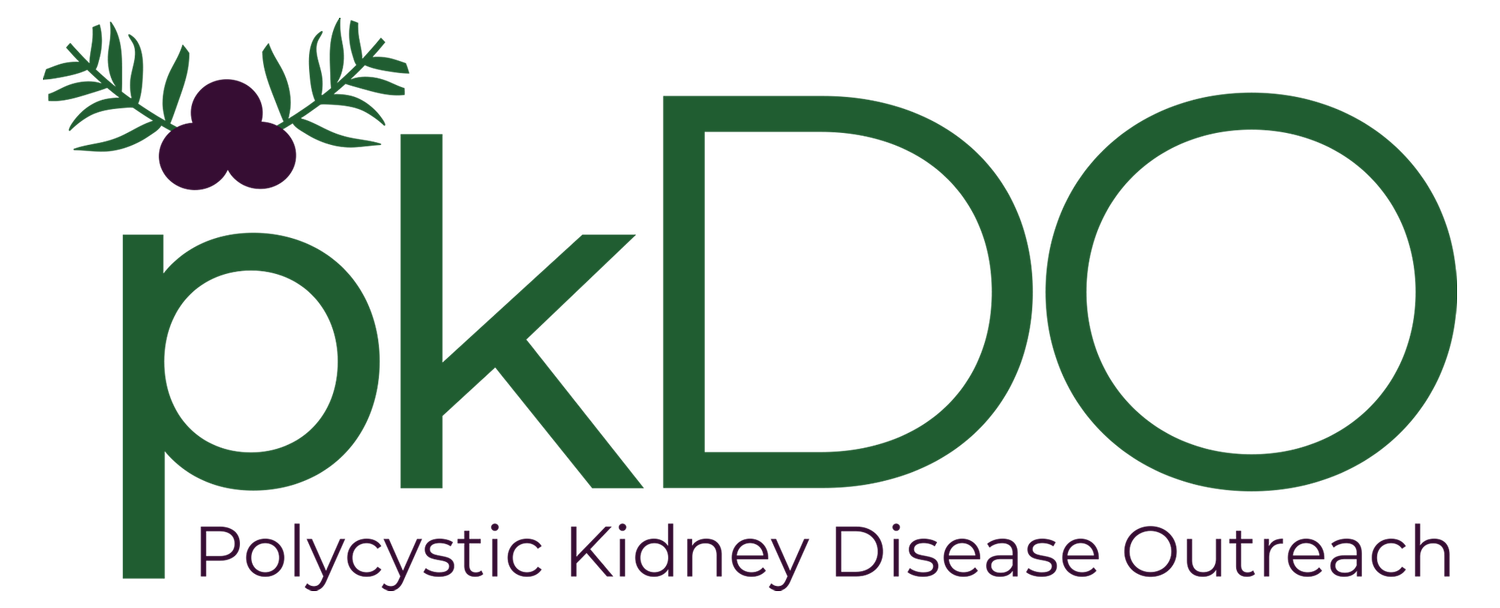The Cavallaro Family Story
I’m Nicole Dudish. My family first discovered polycystic kidney disease almost 30 years ago. In 1994, my dad, Phil Cavallaro, drove himself to the hospital because he was suffering from excruciating pain. At the hospital, he was told he was passing a kidney stone. Additional ultrasound scans showed cysts on his kidneys, which ultimately led to a diagnosis of PKD.
Since then, three of my uncles (my father’s brothers), my cousin, and my sister have all been diagnosed with PKD. My mom, Rose Cavallaro, also suffered from kidney failure. While she did not specifically have PKD, she was never able to get a kidney transplant and sadly passed away in 2014.
Shortly after my mom passed away, my dad was also nearing kidney failure. Thankfully, his brother, Rich, my uncle, stepped in to donate. While my father tragically passed away from pancreatic cancer at 64 years old, he thankfully was able to meet my sons – his grandsons – when they were born. I have videos with him, and my sons still talk about their amazing Papa every day. I cannot adequately express how grateful I am for that kidney donation. Without it, we wouldn’t have had that precious time with him.
I’m Mike Cavallaro. I miss my brother Phil every day. I really do. I'm grateful that we got six more years with him. Phil was the first one who had some issues with his kidneys. And the bottom line is, I have PKD too. There's nothing I can do about it. I have a son and my son, Michael has it. We recently found out. My kids have seen me grow up with it and they know you can't live life being afraid. You hope for the best, you do the best you can, and whatever hand you’re dealt, you deal with it. That’s what my parents taught me.
I’m Mike Cavallaro. I miss my brother Phil every day. I really do. I'm grateful that we got six more years with him.
We were taught to get a good education, get a good job and be honorable, honest, and control the things you can control. That was always something that stuck in my head: control your effort and your attitude,
My brother Rich gave a kidney to my brother Phil and gave him six more years of his life. My brother Chris gave a kidney to my brother Tony and my brother Tony is still here today, 17 years later.
I’m Chris Cavallaro and I think that's what family's all about. The only thing you leave in life is how you treat other people and how you make them feel. So at the end of the day, if your family is in need, you do whatever you can within the realm of what you have to give. It's that simple.
The only thing you leave in life is how you treat other people and how you make them feel.
I donated the kidney at basically 7:30 a.m. on a Thursday morning and by 12 noon the next day I walked out of the hospital, then I came to work on Saturday morning for a couple of hours. It's no great shakes to donate a kidney. If you ever have the opportunity to give life to someone else, do it. That's what life is all about.
Contribute to the Cavallaro Families efforts to support pkDO
PKD Outreach Foundation is a 501(c)3 nonprofit organization, Federal Tax I.D. 87-1389001. Donations to PKD Outreach Foundation are tax deductible to the fullest extent of the law.
How We Fight PKD
There’s so much more you can do to fight PKD, at every step of the way.
-

Support Live Kidney Donations
pkDO is partnering with transplant centers to implement proven methods to increase live kidney donation. By increasing live donation we will effectively reduce the wait for a deceased donor by years.
-

Slow the Progression
pkDO is actively providing PKD impacted families with the necessary resources and information to slow the progression of PKD in young adults. Learn more about how you can maintain healthy kidney function for decades longer. After the diagnosis, there is still something you can do. Lifestyle and regimen changes help slow the progression of PKD.
-

End PKD in Your Family
pkDO is actively engaging with PKD impacted families to provide the necessary resources, including preimplantation genetic testing. Our goal is to reduce the risk of PKD being passed down to future generations from 50% to 0%. Learn more about how you can put an end to PKD in your family.



